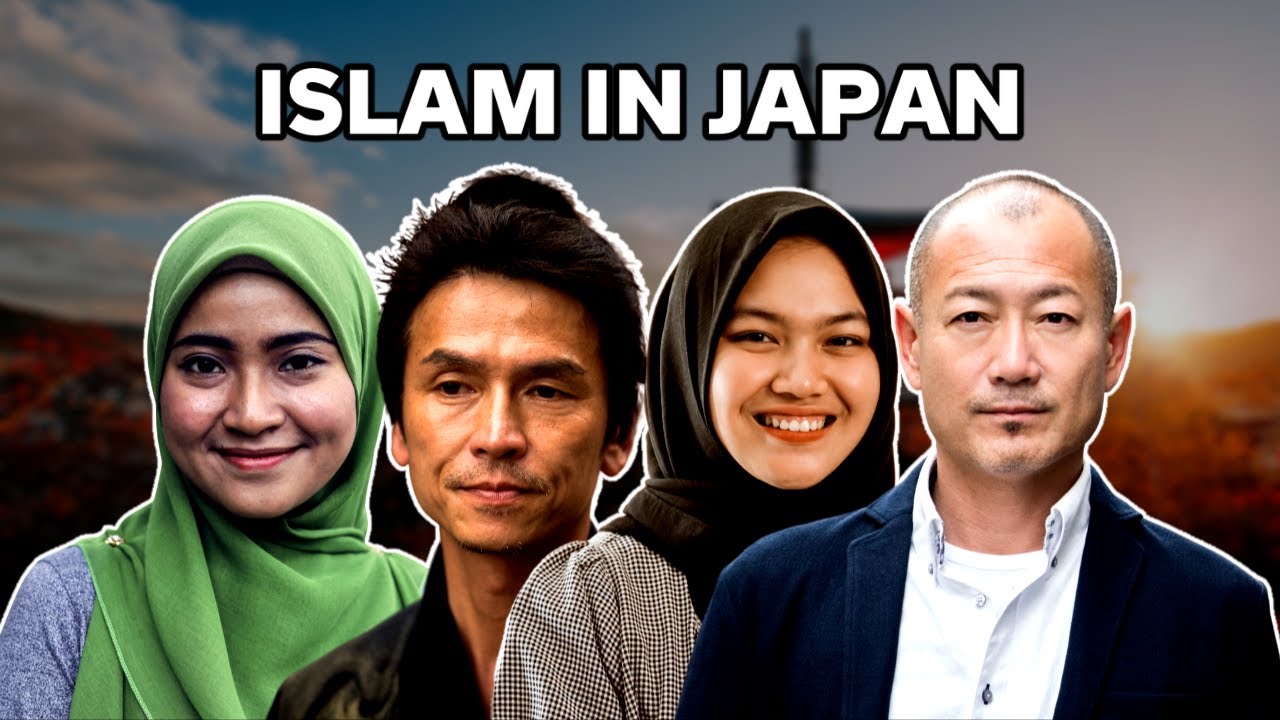Japan’s religious landscape is undergoing a significant transformation due to the increasing number of mosques that have emerged in the country over the past two decades. The change can primarily be attributed to the rising number of immigrants coming from Islamic states. The number of Muslims in Japan has increased tenfold in less than one generation, with current estimates of over 200,000. Mosques that were once rare sights in Japan are now commonplace, with 113 mosques recorded in the country as of March 2021, up from only 15 in 1999.
However, this trend presents challenges and friction in the Japanese society. While it reflects a more inclusive society, it also highlights the need for tolerance and acceptance of different beliefs. A recent incident involving a man from Gambia who vandalized a Japanese shrine and confronted a woman mid-prayer has sparked concerns among Japanese social media users. “Maintaining unwavering beliefs can sometimes blind us to our surroundings and lead to inflexible thinking. It can make us resistant to accepting other perspectives, leading to friction. Islam serves as a prominent illustration of this phenomenon,” said one comment.
Another social media user remarked that “those who attack the beliefs of others cannot share our values, so we cannot live together. The existence of such a dangerous Muslim person endangers also the living environment of all Muslims.” This statement exemplifies the fear that some Japanese citizens feel towards Muslims due to the actions of a few. It also highlights the need for more education and understanding of different beliefs to promote peaceful coexistence in a diverse society.
Islam and Shinto are two distinct religious traditions with unique beliefs and practices. While both religions offer guidance and spiritual meaning to their followers, they differ significantly in their origins and core beliefs. Islam originated in the 7th century as a monotheistic religion centered on the belief in one God, Allah, and the teachings of the Quran, considered the holy book of Islam.
In contrast, Shinto is the indigenous religion of Japan, with roots that trace back to ancient times. It developed organically from Japanese folklore, rituals, and animistic beliefs. Shinto does not have a specific founder or a single authoritative scripture but is characterized by reverence for kami, the divine spirits or forces present in nature and various aspects of life. Shinto emphasizes purity, gratitude, and living in harmony with the natural world.
One notable aspect of Shinto is its inclination to embrace other religions. Shinto considers itself a religion encompassing eight million gods and often coexists with Buddhism. This inclusiveness is exemplified by the presence of the iconic torii inside many Buddhist temples. However, the concept of polytheism in Shinto is incompatible with the monotheistic nature of Islam. Islamic teachings emphasize the oneness of God and strictly prohibit the worship of any other entities, leading to potential clashes of faiths and divergent theological perspectives that make peaceful coexistence between the two religions challenging.
The rise of Islam in Japan also highlights the need for Muslims to adhere to the cultural norms and traditions of the country they reside in. The incident of the Gambia man vandalizing the Shinto shrine and confronting a woman in mid-prayer showcases the need for education and understanding of different beliefs. Respect for others’ beliefs and practices is crucial in a diverse society, and any behavior that endangers the peace and harmony of the community must be dealt with accordingly.
In conclusion, the emergence of Islam in Japan reflects a more inclusive society but also presents challenges and friction. A peaceful coexistence between different religions necessitates understanding, education, and respect for others’ beliefs and traditions. While the rise of Islam in Japan highlights the need for tolerance, it also emphasizes the importance of cultural norms and traditions to maintain peace and harmony in a diverse society.

